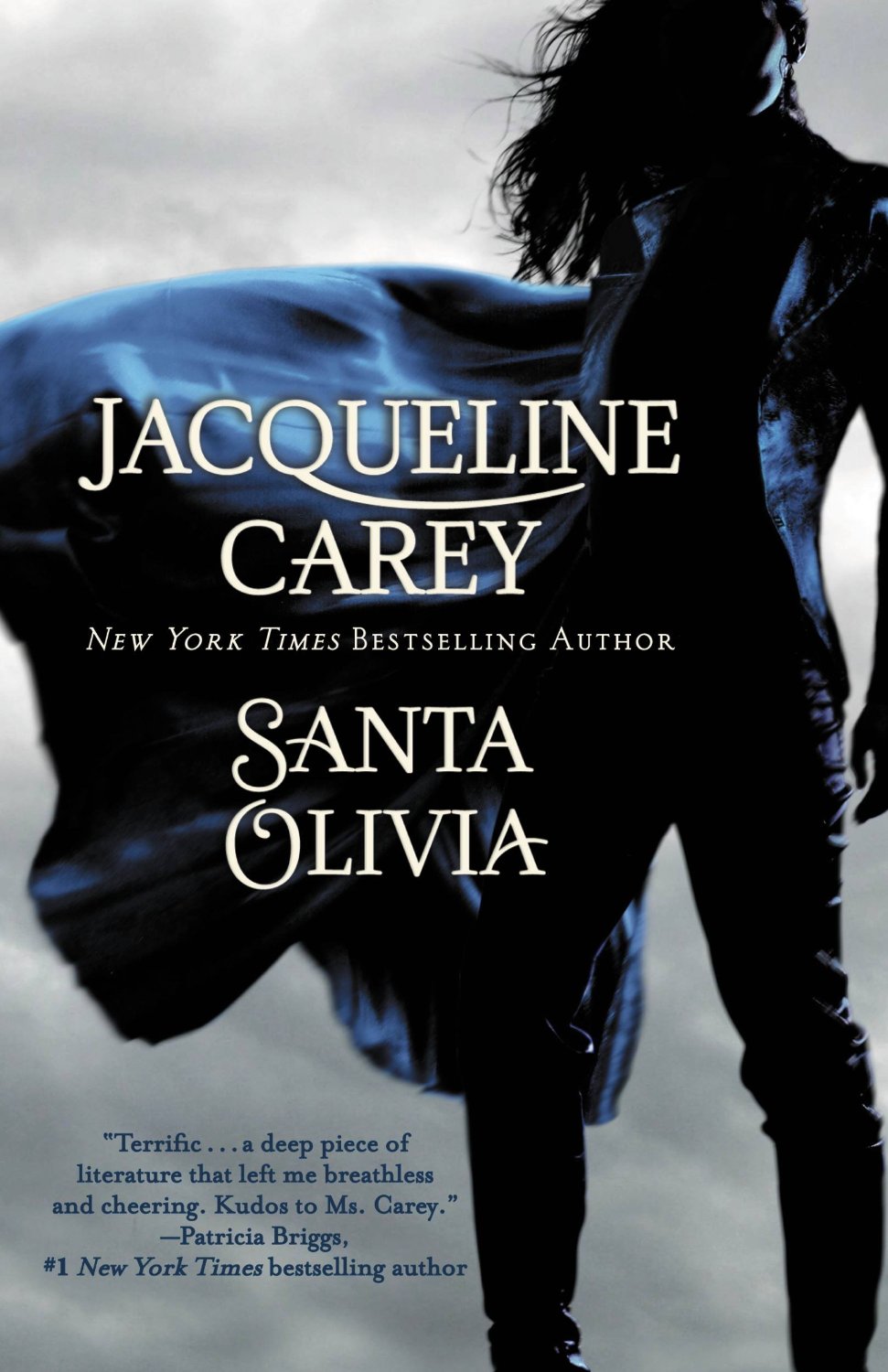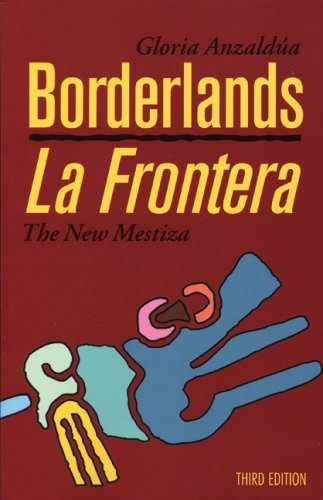Santa Olivia is one of those books that’s really hard to describe. You’ve got a dystopian 10 minutes into the future United States, a daughter of one of the genetically-modified “Wolf Boys,” and boxing. But Carey weaves all of those disparate parts into a ridiculously good story.
Loup Garron is born in Outpost 12, a militarized border outpost between Mexico and the US that started as the Texan town Santa Oliva. The citizens of Outpost are trapped behind walls and the US army, cut off from communications, technology, and news. Loup’s father was one of a group of escaped super-soldiers, genetically engineered to be stronger, faster, tougher than a regular human, and quite literally fearless. He vanishes shortly before Loup’s birth, leaving her to inherit those traits and a warning of the dangers of feeling no fear. The book follows Loup from her birth to young adulthood as she loses her family and finds a passion – boxing – that just might be her ticket out of Outpost 12.
Although she never labels her sexuality, Loup develops a lasting relationship with Pilar, a beautiful girl who grows up with her at the church-run orphanage. Pilar is definitely flawed, but I ultimately enjoyed watching her grow up into a better, more mature person.
The art of boxing plays a fairly heavy role in the story after a certain point; Carey’s descriptions are visceral, which may be overwhelming for some readers. I found the explanations fascinating, and it definitely felt like she did her research.
If you’re familiar with Jacqueline Carey’s Kushiel series, expect a very different authorial voice in Santa Olivia. Though it definitely has complex themes, Santa Olivia is primarily a coming of age story. The book gets dark at times, but Loup’s inability to feel fear and the tight third person perspective helps to cushion the blow. The story focuses on character development and Loup’s powers are a liability most of the time, rather than a boon.
Overall, I love Santa Olivia. I’ve reread quite a few times, and it’s probably my favorite of Carey’s books. Loup’s relationship with Pilar is sweet and sexy, although it generally fades to black. If you enjoy the first one, there’s also a sequel – Saints Astray – that winds up being a much lighter book

